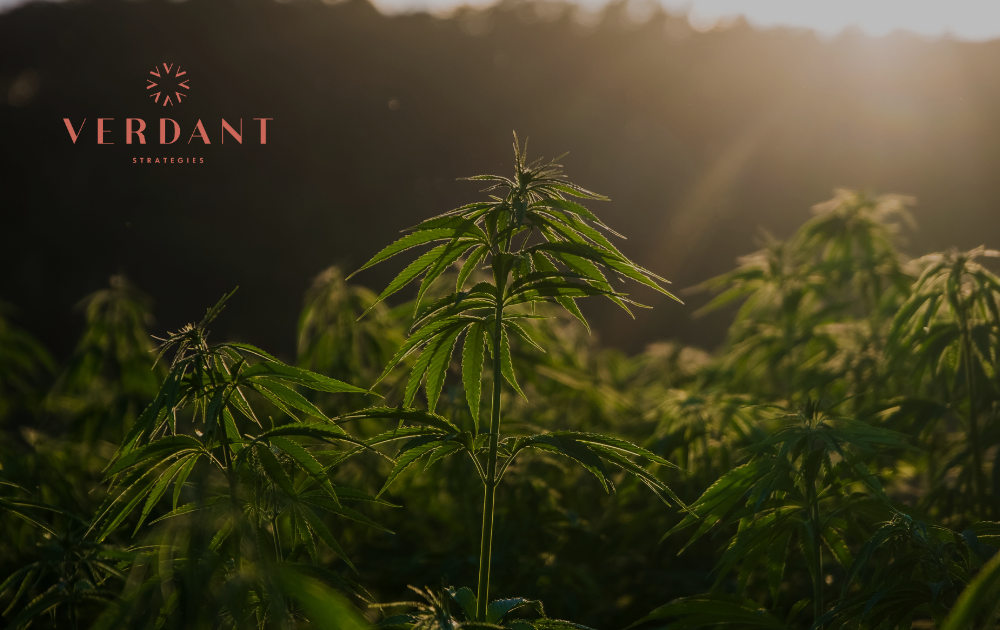Federal Hemp Ban: What Operators Need to Know

This has been a pivotal week for our industry. On Wednesday evening, President Trump signed into law a federal prohibition on intoxicating hemp products, legislation passed by Congress earlier in the week with unusually swift momentum. The new law imposes a strict 0.4 milligram total-THC-per-package limit, effectively outlawing the vast majority of hemp-derived intoxicants currently on the market, including Delta-8 THC, THCA-dominant flower, and other hemp-based psychoactive products. While the signature marks a decisive federal shift, the ban does not take effect immediately. Instead, the law includes a full year of implementation time, setting the effective date at November 13, 2026. This one-year runway creates a critical period of transition, negotiation, and strategic repositioning for every part of the cannabis and hemp ecosystem.
Over the coming months, we expect to see sustained and vigorous lobbying efforts aimed at shaping the final form of the law. Some stakeholders will seek carve-outs for specific product formats, such as low-dose edibles or non-combustible hemp products, while others may pursue exemptions for THCA flower or certain cannabinoids. These efforts will only intensify as we move closer to the November 2026 deadline, and their outcomes could meaningfully alter the competitive landscape. At the same time, the passage of this ban has reignited longstanding industry divisions—particularly the tension between licensed cannabis operators who have competed under heavy regulation and the hemp-derived intoxicant sector that has largely flourished without comparable oversight.
From Verdant’s perspective, the next year represents a period of profound strategic importance for licensed cannabis businesses. Many analysts believe the ultimate effect of the ban, once implemented, will be increased consumer demand within regulated cannabis channels. Hemp-derived intoxicants currently act as a significant competitive pressure, undercutting legal cannabis pricing and pulling consumers outside the regulated marketplace. Removing most of these products from the legal hemp channel may relieve some of this pressure and create more stable economic conditions for licensed operators, particularly cultivators and retailers who have been confronted with price compression in recent years.
Yet we should be realistic: restricting access to intoxicating hemp products will not automatically send all consumers to licensed dispensaries. Some may shift to illicit suppliers instead, especially in markets where legal access remains costly or limited. For that reason, Verdant urges operators to approach the next year with both optimism and caution. Opportunity is emerging, but it will not be evenly distributed or predictable.
The hemp ban also reshapes the federal policy environment in ways that may accelerate the long-running conversation about cannabis rescheduling or descheduling. By criminalizing hemp-derived intoxicants that have become widely available across the country, the federal government may inadvertently highlight the contradictions within its own regulatory framework: cannabis remains a Schedule I substance even as dozens of states operate highly regulated cannabis industries, and now hemp, once federally legalized under the 2018 Farm Bill, is being partially recriminalized.
Some commentators have already suggested that certain states may refuse to enforce the ban, mirroring the way most states already openly defy federal prohibition by licensing cannabis production and sales. If even a handful of states signal resistance, it could deepen pressure on Congress and federal agencies to engage more directly with comprehensive cannabis reform.
As we close this consequential week, Verdant Strategies believes that cannabis operators should view the year ahead as a time of both elevated uncertainty and significant promise. You should expect shifting competitive dynamics, heightened policymaking activity at both the state and federal levels, and ongoing negotiations that may reshape how the ban is ultimately implemented.
We encourage operators to maintain active communication with state regulators, monitor federal rulemaking closely, and begin preparing for potential increases in consumer demand within the regulated cannabis market. Most importantly, we believe the developments of this week underscore a larger truth: the national conversation around cannabis is accelerating, and operators who stay informed, engaged, and strategically flexible will be best positioned to thrive as the policy environment continues to evolve.
Verdant Strategies remains optimistic about the long-term trajectory of the regulated cannabis industry. But we also recognize the uneven and complex road ahead. This week’s events reflect a rapidly shifting landscape—and with one year before the ban takes effect, the decisions made now will shape the operating environment for years to come. We are committed to helping you navigate this transition and will continue to provide updates and strategic insight as this new chapter unfolds.

Rachel Wright, CPA, MST
Rachel Wright, CPA, MST, is the Founder & CEO of Verdant Strategies, a leading financial and strategic advisory firm supporting top cannabis operators nationwide. She specializes in tax strategy, financial operations, and regulatory navigation, helping businesses scale with clarity and confidence.
